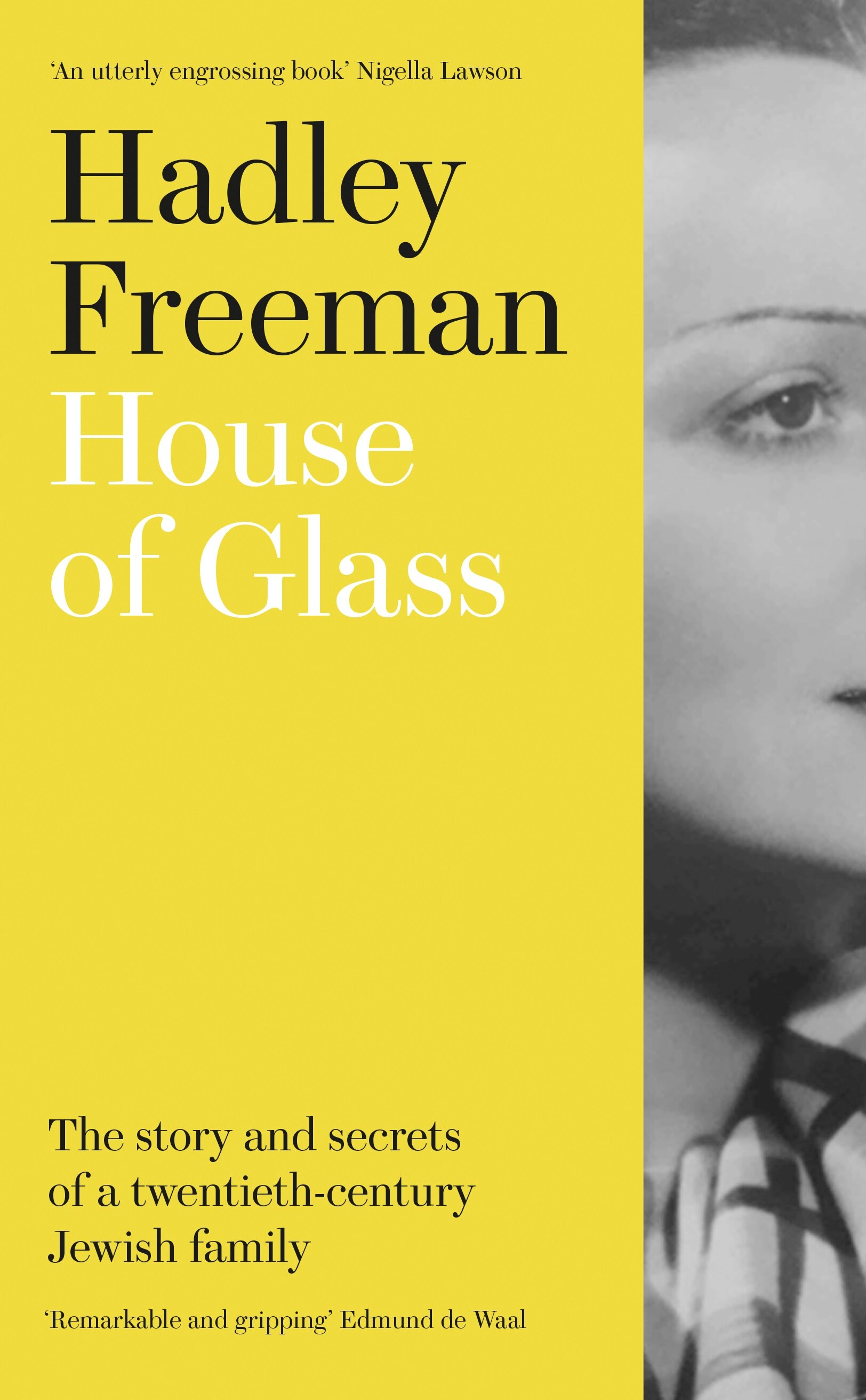Hadley Freeman didn’t attend the funeral of her paternal grandmother, Sala — who died when she was 16 — in spite of loving her. She had avoided her grandmother when she was alive, recoiling from her neediness, and her dying didn’t immediately change how Freeman felt. In this beautifully written memoir, she has now uncovered what lay beneath her grandmother’s oppressive affection.
Sala Glass had been born in the Polish town of Chrzanow, 12 miles from Auschwitz. One night in 1918, Polish men and women rioted through the town, ransacking synagogues, smashing Jewish shop windows and attacking the Jewish population. Freeman’s great-uncle Alex (who was 12 at the time) ran out to join the Jews fighting back but to his horror, he recognised his brother’s former tutor as a leader in the assault, alongside others whom the family thought of as friends. He later said: “Something in me died in the face of this inhuman explosion of savagery. From that day, my childhood was over.”





